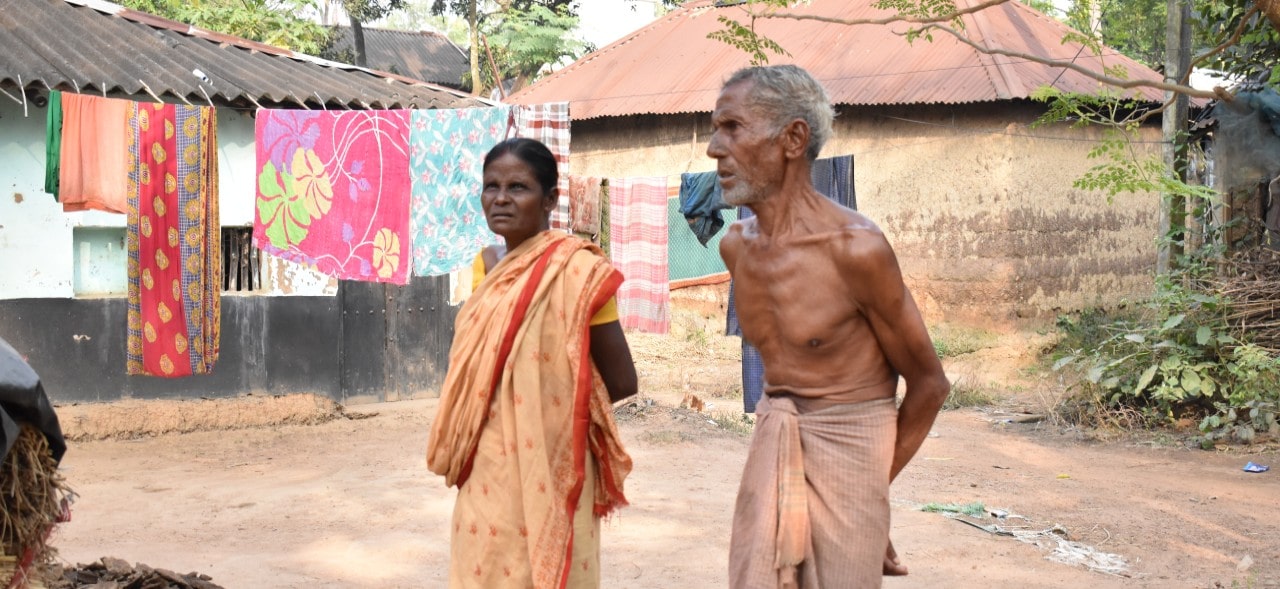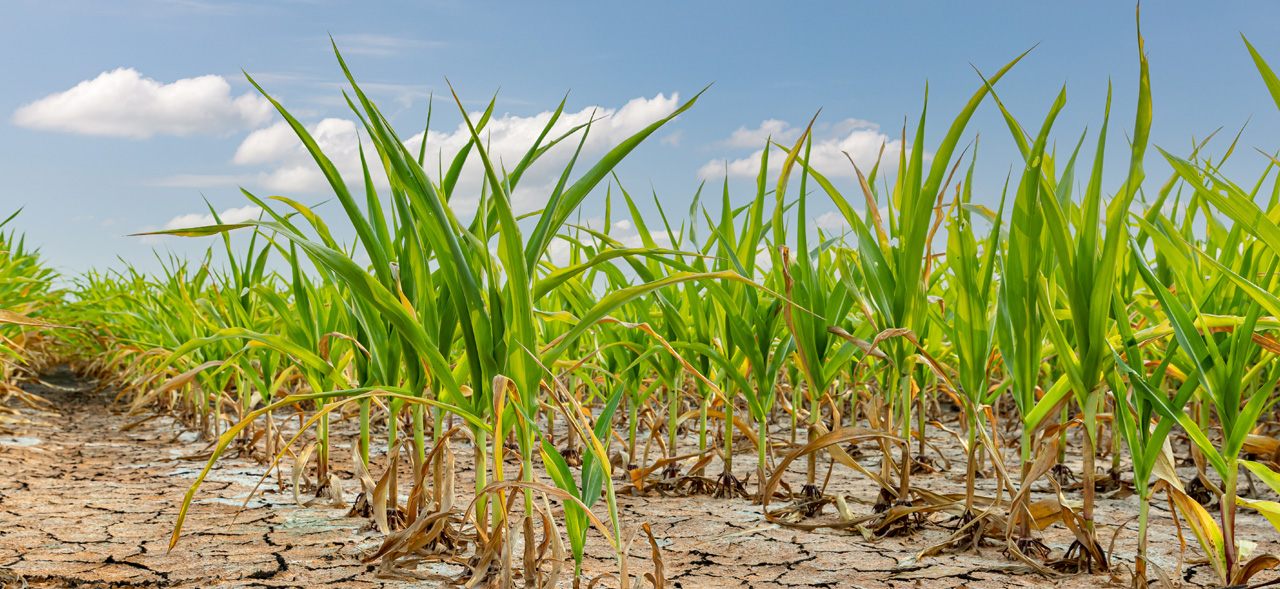Theme: Agriculture finance
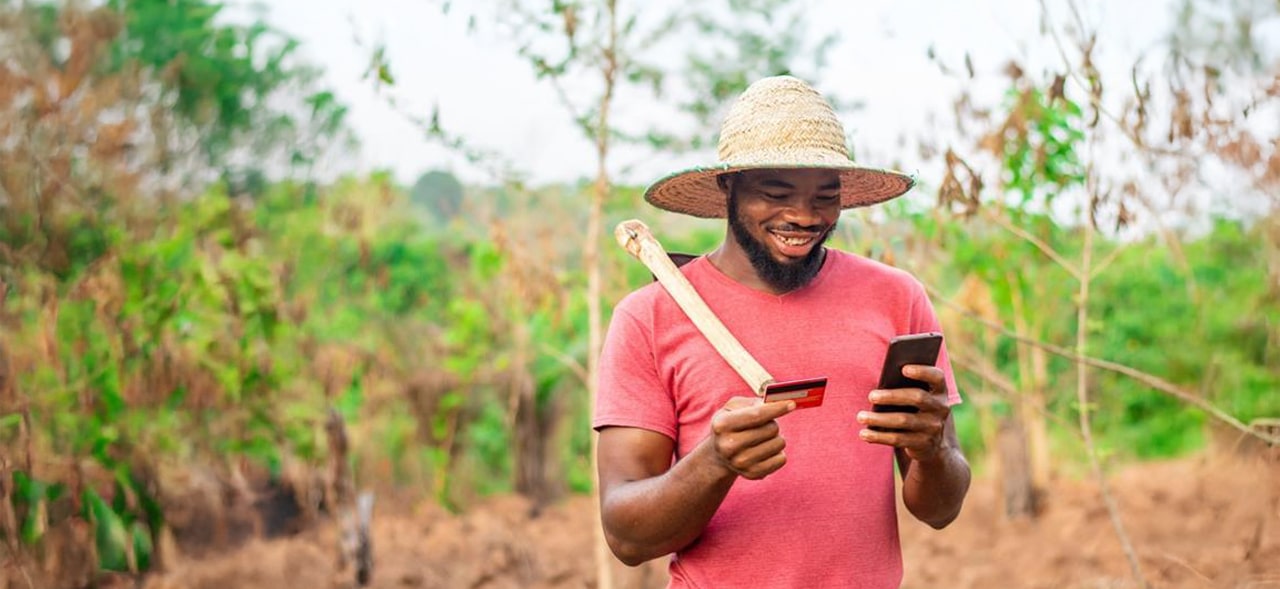
Youth-focused agri-finance
In this podcast, Albert Bundi and Emma Odera from MSC discuss how to expand access...
Jun 20, 2025
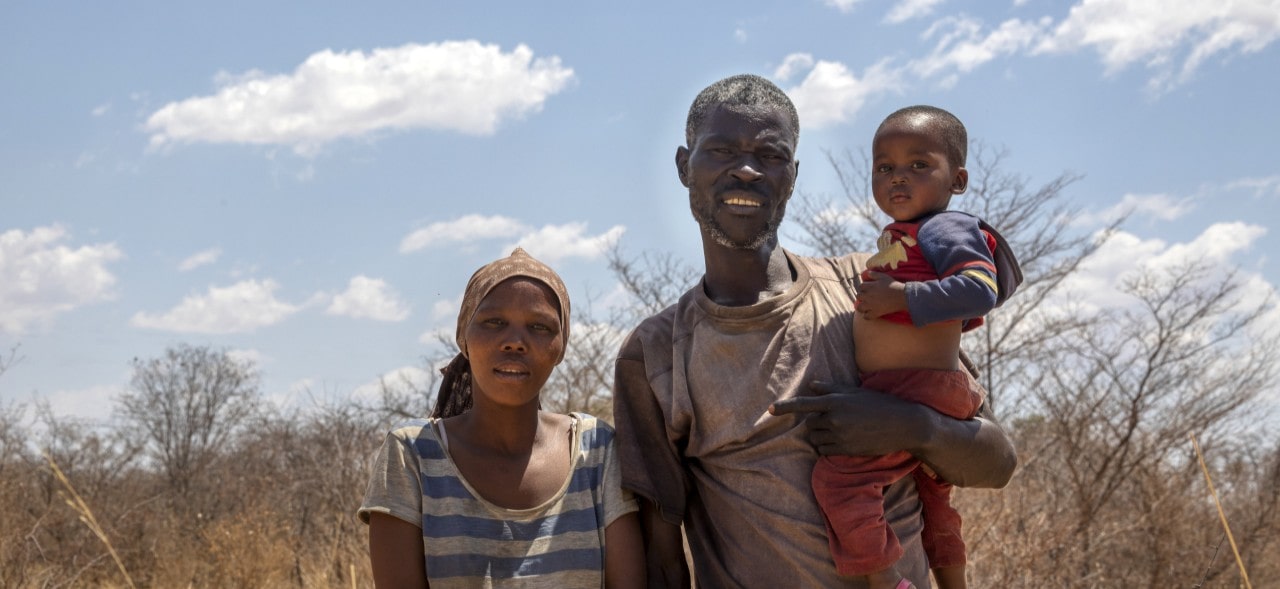
Toolkits on locally-led adaptation for communities and MSMEs
MSC's toolkits on locally-led adaptation for communities and MSMEs help assess climate risks, develop actionable...
Jun 12, 2025
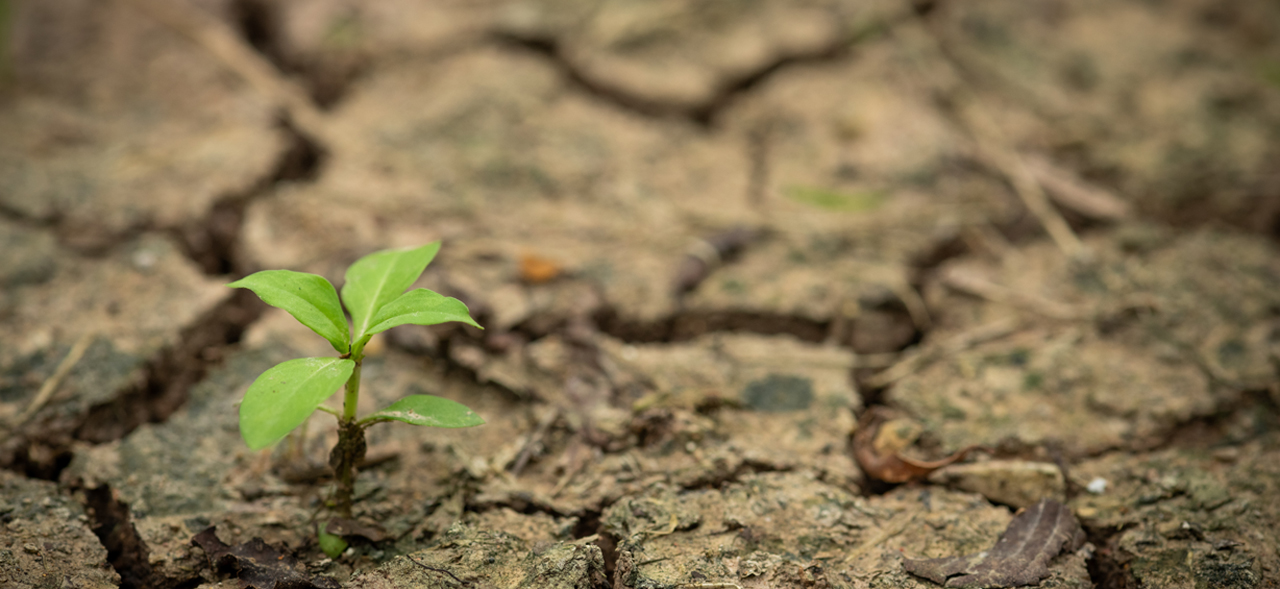
How can insurance transform how communities build climate resilience?
In this episode, join Shirleen Regina Olalo and Vineet from MSC’s Banking, Financial, and Insurance...
May 20, 2025

Challenging the orthodoxy: Can we rethink finance for locally-led adaptation?
The blog calls for reimagining climate finance by prioritizing locally-led adaptation, empowering communities to lead...
Apr 23, 2025
